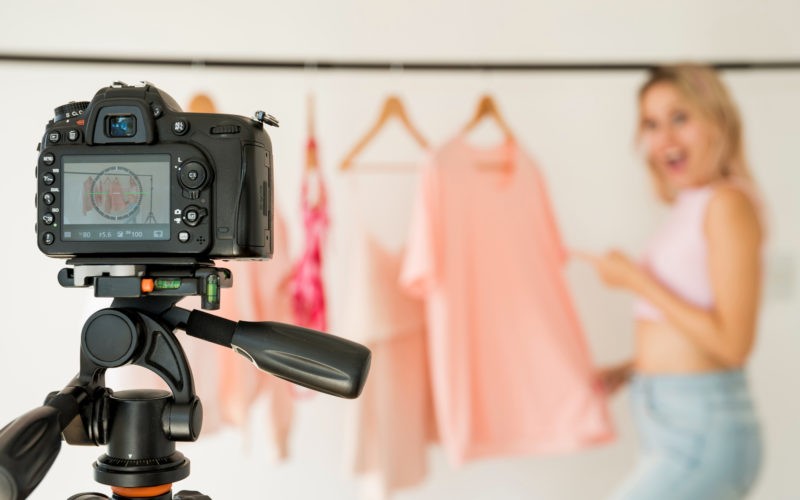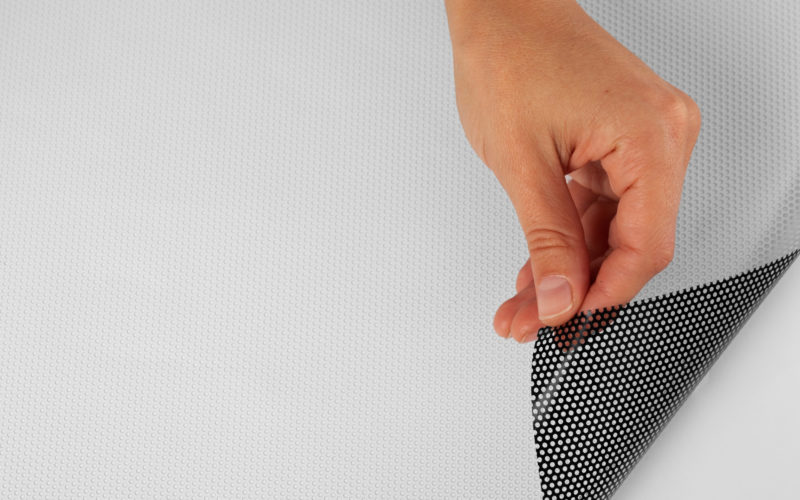The increasing competition in e-commerce has left netizens with plenty of options. Attracting their attention has become a challenge. Those who know how to demonstrate their products with all the desirable features usually benefit more, while others deal with low sales and missed opportunities.
Consider product videography to transform your brand and overcome these challenges. It is a technique to exhibit products dynamically, showcasing their overall features and highlights. Product videos work better than static images because they provide an immersive experience. When customers view products in a dynamic form, they feel more connected to them. Expert angles and superior editing skills make these items more impressive. Hence, you can use videos to market and sell products hassle-free.
Many agencies specialize in video production, but you should choose one with extensive knowledge, experience, and exposure. Consider the brands they’ve worked with, as this can be a strong indicator of their trustworthiness. Creating a perfect product video requires careful planning and strategy.
Here’s a look at the essentials:
Preparation for Videography
The purpose of making a product video must be apparent from the beginning, as this helps plan the entire production phase. You can then develop the story boarding and scripting. This essential step enables you to incorporate adequate visual scenes and product information.
Videography Setup
Only the right camera can produce high-quality footage. Professional agencies often use good equipment for this reason. They can also acquire cameras that offer better resolution and dynamics if needed. Since lighting also matters, the agencies use DSLR or other high-grade cameras for clear and crisp images. Additionally, they arrange props that enhance the product presentation without causing any distraction.
Filming Techniques
Other aspects that add value to any product video are correct camera angles and positioning. For instance, videography experts know that overhead shots offer a full view of the product, while low angles give it an appealing touch. They can use tilts, pans, tracking, and other camera movements to make the video more energetic. The videographer can take macro shots or close-ups if your product contains intricate details. These angles give consumers a peek into the product’s refined details, including material and texture.
Advanced Videography Techniques
If you run a clothing store, your product video can benefit from adding slow-motion effects to focus on elements like fabric texture. This can lend a dramatic flair to the content. A time-lapse option can be used to highlight functionality, beautifully demonstrating the assembling or unfolding of a product. Special effects can also be introduced to make the visuals more appealing, with 3D renders typically working better in this area.
Post-production Videography Techniques
The outcome will depend on how the video is edited. Clean and precise cuts in proper sequence make the product more attractive to consumers. The choice of color grading can also enhance the product’s visual aesthetics. Professionals can use specific saturation, contrast, and hues to match the product’s personality. Similarly, audio and musical effects can add depth to the footage, creating the desired emotional reaction from target groups.
Conclusion
If you want to stand out in the competitive e-commerce market, product videography is more than just a valuable tool—it’s becoming a necessity. From preparation and setup to advanced filming techniques and post-production expertise, each element contributes to creating compelling content that resonates with your target audience. By investing in professional product videography, you not only showcase your items in their best light but also build trust with potential customers through transparent and detailed product representation.












